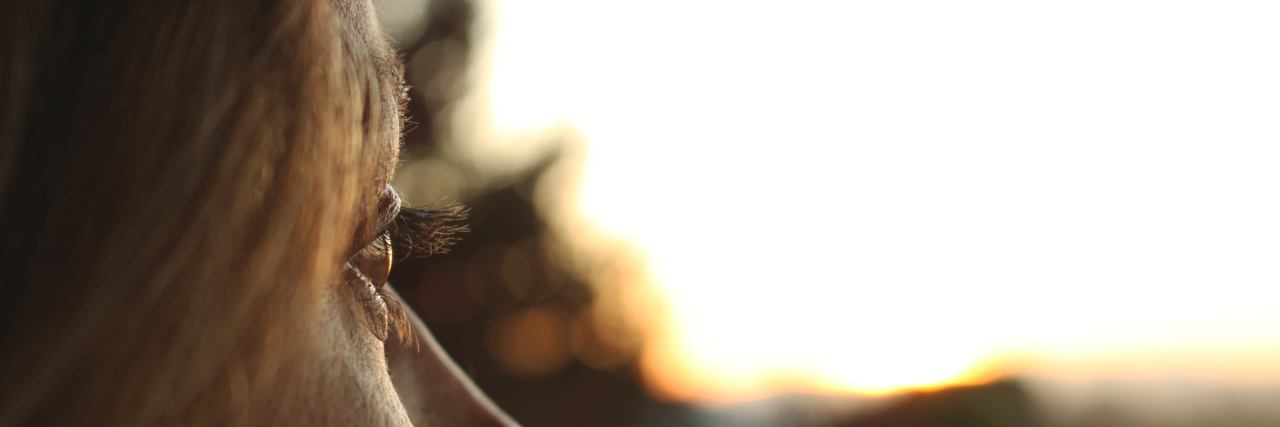As I write this, I am approaching two huge milestones in my life: turning 21 and graduating from college. The advent of these watershed events reminds me that it’s time for me to really start planning for my future. While most of my peers envision both wedding bells and baby carriages, I can’t even envision getting married or having children.
I know you’re probably thinking something along the lines of “you’re still young, you’ll change your mind.” I really don’t think I will. I’ve felt this way for as long as I can remember. Why? There are several reasons. First, I simply have never been able to picture myself walking down the aisle or taking care of a crying infant. I don’t know exactly why: although I certainly respect the institution of marriage and adore children, it’s just something that I have never truly desired for my own life.
There’s also the fact that I’ve always been very independent and career-oriented. Now I know many women are able to successfully balance having an incredible career with being both a wife and a mother, but I’m not so sure that I could do it — at least, not to my satisfaction and without feeling like I am constantly being pulled in a million different directions.
However, probably the most important reason that I don’t know if I want to get married or have children is the fact that I am a carrier of a deadly genetic disease.
When I was 3 years old, my dad was diagnosed with adrenoleukodystrophy (ALD). ALD is a rare disease that destroys the white matter in the brain causing the loss of cognitive and physical functions, and eventually resulting in death (unless it is caught early and treated with a risky bone marrow transplant or still-experimental gene therapy). ALD is an X-linked recessive disease, which means that males are most severely affected with the disease, and females are carriers (many carriers can and do experience physical symptoms themselves, just usually not life-threatening ones). Carriers of X-linked diseases have a 50 percent chance of passing the defective gene down to any children they have.
I’ve known that I was a carrier of ALD since grade school. I made the decision long ago that I would never naturally conceive children of my own because of the risk that I would have a boy who would eventually suffer the same fate as my dad. Even though I was only in kindergarten when my dad died, I will never forget the way ALD ravaged both his body and his mind in those last few years, transforming him into a shell of the father I once knew. He became bedridden, unable to walk, talk, swallow, care for his own basic human needs, or even understand who I was.
Of course, I do understand there are alternative methods of reproduction which enable genetic disease carriers to have healthy biological children free of the disease they carry. There is prenatal chorionic villus sampling (CVS) which can be performed in the first trimester of pregnancy. This procedure involves testing the placenta to determine whether the fetus has the genetic condition at issue, allowing for early termination of the pregnancy in the event of a positive test result. Personally, I believe CVS is a sound and reasonable option for many women. It’s just not for me.
There is also in vitro fertilization (IVF) with pre-implantation with genetic diagnosis (PGD). A mouthful, I know, but IVF with PGD is another option which allows genetic disease carriers to have biological children without the risk of passing on the disease. But the procedure is often mentally and physically grueling, not to mention extraordinarily expensive when it’s not covered by insurance (which it often isn’t), and may not work the first time (or the second, or the third, etc.). If I ever do change my mind and decide to have my own children, this is the option I think I would choose.
There are other alternative reproductive methods, too, but right now, the prospect is too daunting to even imagine.
As to my lack of enthusiasm about marriage, I’m not exactly sure how that fits into the mix, but it might have something to do with my subconscious fear that being a genetic disease carrier will somehow cause any emotional and spiritual bond I develop with a man to eventually unravel. I cannot help but worry that my inability to ensure that I can produce healthy biological children without resorting to difficult and costly medical procedures that might not be successful (and which some consider immoral) will be a deal-breaker for many men. Or even if it’s not a deal-breaker, that it will ultimately put an insurmountable strain on the relationship. Yes, I know the “right” man should accept me for who and what I am and that no one’s perfect, but to this point it’s been hard enough to find someone who is even somewhat accepting of my stubbornness, impatience, and sometimes argumentative nature. How can I expect someone else to wholeheartedly embrace my “defective” genes?
I know at some point I will have to confront my apprehensions head on. Perhaps one day, I will even change my mind about marriage and having children. But right now, I’m choosing to rest in my ambivalence. It’s fine with me if my happily-ever-after selfie is a picture of me standing tall in a pantsuit rather than posing in a wedding gown or a maternity dress.
While carrying a genetic disease can hardly be described as a positive experience, it has taught me one important thing: the value of my womanhood is not rooted in what my body can create, but in the person I can become.
Disclaimer: Opinions are my own and not representative of my organization. I am in no way discrediting any woman or person’s decisions about marriage and having children, nor am I implying that carriers of genetic diseases should not get married or have children.

